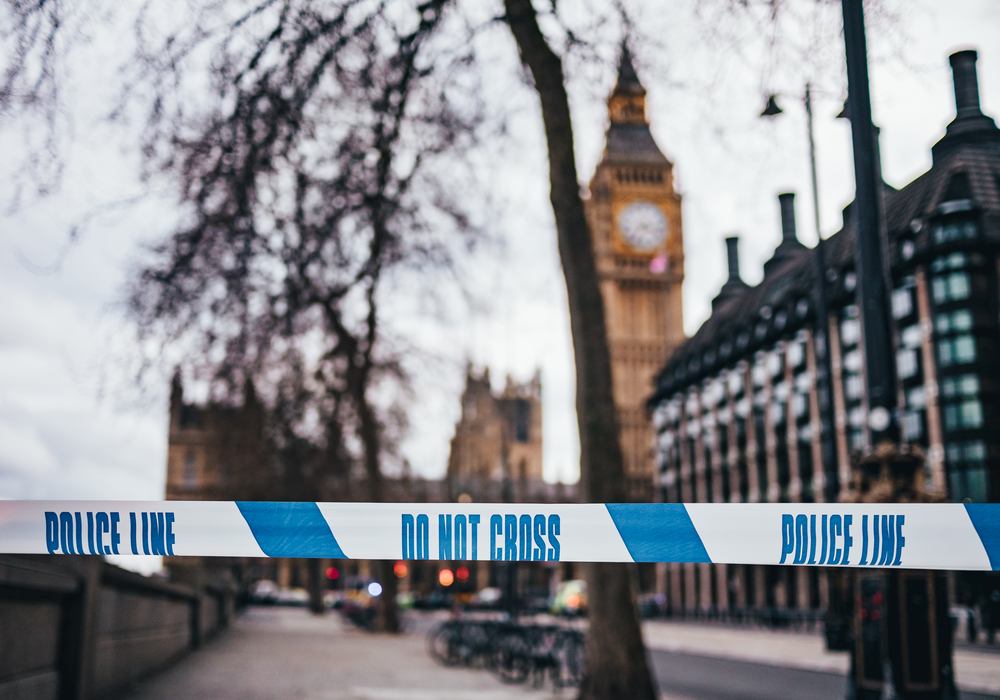
- Select a language for the TTS:
- UK English Female
- UK English Male
- US English Female
- US English Male
- Australian Female
- Australian Male
- Language selected: (auto detect) - EN
Play all audios:
The outbreak of Covid-19 has been the nail in the coffin for the government’s BBC boycott. Since it was elected, no government minister has been “available” to appear on the corporation’s
flagship _Today _programme. The 8.10 interview, once a prime opportunity for ministers to fight their corner, has instead been filled by back-bench MPs and well-worn experts. Formerly a
bastion for government critique and communication, the programme — like the BBC itself — looked to be on the rocks. Scathing comments from the presenters ensued, with Martha Kearney stating
that the government “refuses to talk to our listeners”. With some 10 million tuning in to the programme each day, the government’s lack of appearance did not go unnoticed. Has coronavirus
solved the programme’s problem? In its place, alternative media channels have thrived. Since the eruption of Covid-19, social media platforms have been alive with inexpert discussion
parading as gospel. From memes about self-isolation to images of supermarket shelves void of loo roll, the internet has stoked panic among the British public. Unreliable when reliability
should be the priority, the absence of a clear government line on the issue was acutely felt. When public health is on the table, strong leadership is crucial. Last week, upon the refusal of
Matt Hancock to appear on the programme, former Secretary of Health and Social Care, Jeremy Hunt took his place. Hunt’s calm and considered discussion of the steps that needed to be taken
illustrated that the government’s continued boycott was a definite miscalculation. Unable to offer the exact measures that the NHS and the Department for Health and Social Care had put in
place, Hunt’s performance, while exemplary, was of limited use. The lack of leadership on this issue so early on became obvious. It began to appear as though the government was more
concerned with maintaining a mysterious façade than protecting the public. By the time Hancock did finally appear, no official government line had been released bar the call for increased
handwashing by the Prime Minister: hardly a meticulous containment strategy. The gap in communication from the government at a moment of crisis not only reflected their incompetence in
public relations, but suggested a level of incompetence in handling the issue itself. While Hancock performed well and reassured listeners of the government’s urgent action on the issue, the
window of opportunity had already been missed. The attempt to boycott the BBC has backfired. Whether those in N0. 10 are in agreement or not, programmes such as _Today_ and_ Newsnight_ have
historically been legitimate conduits for government communication. Averse to proper critique and dialogue, the government’s choice to no-platform itself is irresponsible. Radio-silence may
have worked during an election campaign, in which scrutiny can easily be avoided. But during an international health crisis, it smacks of arrogance and ineptitude. There are long-term
consequences of this. An area that will become more problematic for the government is the status of the NHS. During the election campaign, the improvement of British health services was a
key policy, with the promise of 50,000 new nurses and numerous new hospitals, of which the exact figure appeared ambiguous. There is an expectation that these promises will be fulfilled.
Without proper avenues of communication, misinformation and bad experience will be left to fester, eventually morphing into resentment. The electorate was already concerned about the NHS,
even before the coronavirus emerged. By starving themselves of the chance to put up a strong defence, the government is walking on thin ice. The first few months in power is the most crucial
time for a government which has posed itself as the fresh new face of the Tory party. In boycotting programmes like _Today, _it is open to a new, more pernicious form of criticism. Rather
than the succinct, measured analysis of professional journalists, it has left itself open to the Twitter mob. The outbreak of Covid-19 should have been the chance for Boris Johnson’s new
cabinet to demonstrate its strength as a unit. Instead, it has been wounded by a policy that was thought up as little more than a campaign strategy. The importance of legitimate and national
news outlets should not be understated. It is the way in which government strategy is explained, critiqued and defended. It is a method of reassurance for those who put the crosses in the
boxes.
:max_bytes(150000):strip_icc():focal(999x0:1001x2)/Billions_series-finale-102623-4-52eb196cc3934304b8c4d61e9b737a29.jpg)








